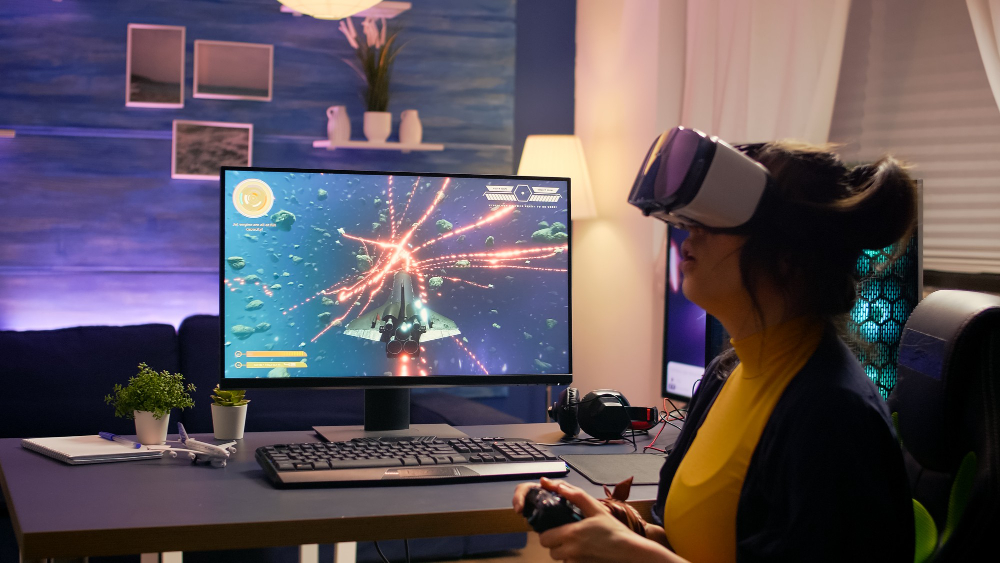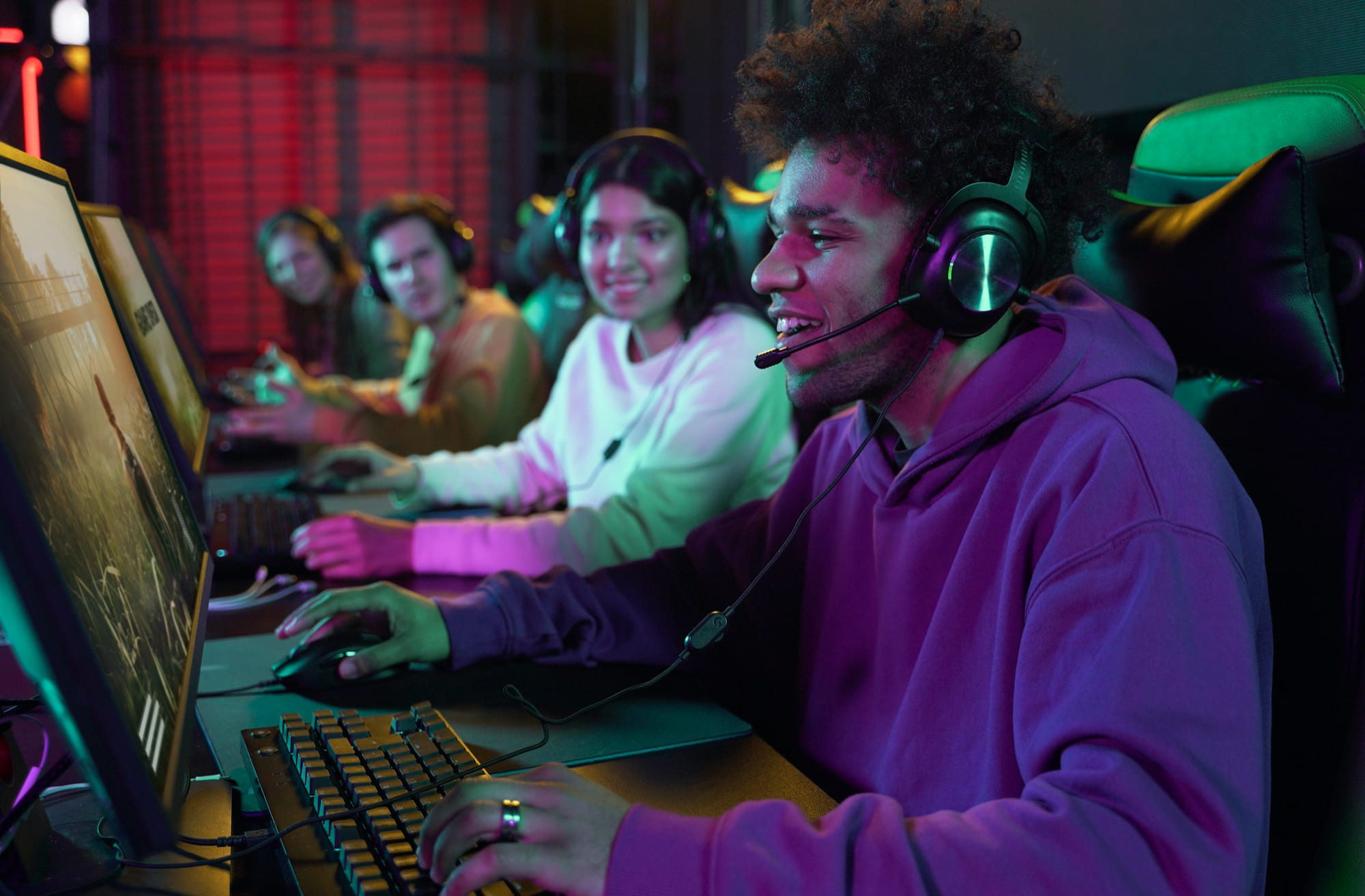Gamers often spend hours in front of screens playing computer games. Their mean age has been rising in recent decades. The average gamer in the U.S. is currently about 35 years old, and most gamers are aged 18 and older. There are over 150 million Americans who regularly play video games. Gamers play a wide variety of games, including action games, strategy games, and first-person shooter games. A growing amount of evidence from research shows that gaming has an impact on the brain. Student research into these changes shows some interesting findings.
How Computer Games Like Valorant Effects the Brain?
Student research
One common area of student research has been to determine whether players who play violent games are more prone to violence in real life. There is a hypothesis that video games stir aggression and cause violence. Students have to propose a hypothesis for their research for it to be regarded as scientific. They must use evidence from reliable sources to refute or support this hypothesis. So far research has not managed to show a causal link between playing video games and real-world violent acts.
Students at university can find that research takes up so much time that they run out of time when they have to write a paper. Those looking for assignment help in Canada can reach out to online help from professional writers. These writers have the educational experience and background to know how to write an essay. They will quote sources accurately to make sure the essay is plagiarism-free and meets academic standards. Students can give instructions and make unlimited revisions until the paper suits their needs perfectly. Having the best quality paper on time frees you of any stress and makes you more confident in the classroom.
Methodology of student research
- When conducting research into the effect of gaming on the brain, students need to take many different factors into account.
- Number of participants (quantitative research requires a larger number of participants than qualitative research).
Types of games (Different games have different effects
Demographics (age, gender, etc.)
While playing action games can improve visual-spatial abilities, strategy games will enhance problem-solving skills. Not all games are equal and the reaction of individuals to different games will also differ.
Today students have access to neuroimaging tools that can measure activity in the brain. One of the neuroimaging tools they use today is Magnetic Resonance Imaging (MRI). This produces an image of the brain by using radio frequency and magnetic waves. In an EEG, electrodes are placed on the scalp and this tests the electrical activity in the brain. Students also use behavioral tests to see how well participants carry out certain functions. For example, they may conduct memory tests to measure attention and visual-spatial skills.
Findings from research
In May 2017, a review of 116 scientific studies into video games and their influence on the brain appeared in Frontiers in Human Neuroscience. By looking at all the research, scientists wanted to see if there were any trends that emerged regarding the effect of video games on the structure and activity of the brain.
The researchers found that brain regions related to paying attention were more developed in gamers than in non-gamers. Gamers also had a higher visual perception of the spatial relationships between objects. Enlargement was seen in the right hippocampus of long-term gamers.
Other findings from research reveal that gaming can improve cognitive functions such as reaction time, memory, and problem-solving skills. The findings of a study in the journal Nature showed cognitive improvement in older adults through the use of a specific 3-D video game. Strategy video games appear to improve problem-solving skills in older adults. One of the negative findings from research is the potential for addiction to gaming. Gaming addicts show structural changes in their neural reward system and how they function.

Research implications
The research shows that computer gaming has potential educational and therapeutic benefits. It can also potentially cause addiction. Gaming can flood the pleasure center of the brain with dopamine. The brain is wired to crave instant gratification, unpredictability, and stimulation. Playing video games satisfies these desires. Practicing anything repetitively will change neural pathways in the brain. The unpredictable reward structure of games increases immersion.
Further research is required into both the positive and negative effects of computer gaming. It is important to take the complexity of these effects into account. Gaming can feed information to the brain in a way that maximizes learning but it can also cause addiction. Using it for educational or therapeutic purposes requires being aware of the necessity for balance.
